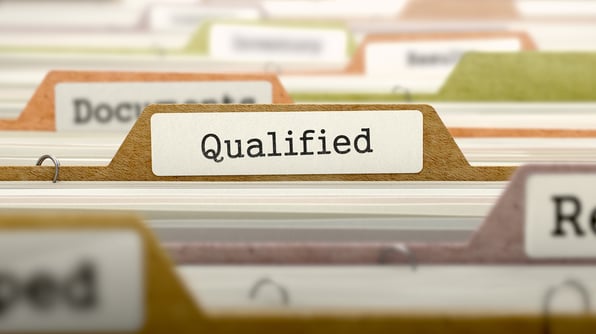
Osprey Property Management |  December 11, 2023
December 11, 2023
Subscribe Our Newsletter
Sign up here to get the latest news, updates and special offers delivered directly to your inbox.
Popular Articles
Tag
- Virginia Beach Property Management
- Osprey Property Management
- Professional Property Management
- Property Management
- Real Estate Investing
- Being A Landlord
- Rental Management Companies
- Rental Property Maintenance
- Eviction Process
- Norfolk Property Management
- Property Management Services
- Rent Collection
- Chesapeake Property Management
- Hampton Property Management
- Hampton Roads Property Management
- Property Maintenance
- Property Management Company
- Real Estate Investors
- Tenant Screening
- Coastal Virginia Property Management
- Emergency Maintenance
- High-Quality Tenants
- Invest In Real Estate
- Investment Property Management
- Newport News Property Management Company
- Property Management Companies
- Property Manager
- Rental Property Inspections
- Virginia Beach
- Virginia Beach Investment Property Management
 Key Components of a Rental Lease Agreement
Key Components of a Rental Lease Agreement Benefits of Outsourcing Investment Property Management
Benefits of Outsourcing Investment Property Management
